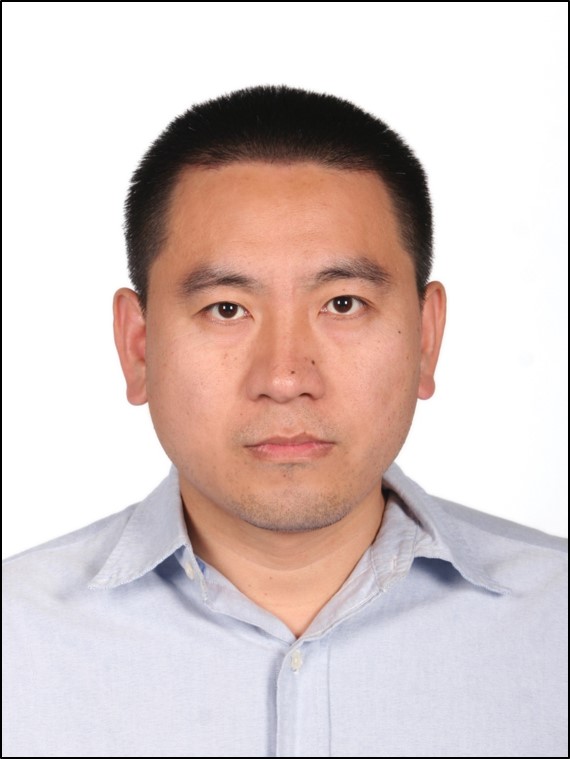 Jilong Wang
Jilong Wang
Professor
Department of Computer Science and Technology
Joined Department: 2000
Email:wjl@tsinghua.edu.cn
Education background
Bachelor of Computer Science and Engineering, Harbin Institute of Technology, Harbin, China, 1994;
Master of Computer Science and Engineering, Harbin Institute of Technology, Harbin, China, 1996;
Ph.D. in Computer Science and Engineering, Tsinghua University, Beijing, China, 2000.
Experience
He has been the director of NOC (Network Operation Center) of following network infrastructures for a long time.
Trans-Eurasia Information Network TEIN since 2005
China Next Generation Internet backbone CNGI-CERNET2 since 2004
Tsinghua Campus Network TUNET since 2004
Concurrent Academic
APAN (Asia Pacific Advanced Network) Chair
Social service
ASI@connet Governor
Director of CITIC Network
Research Status
Jilong Wang is an early participant in China Education and Research Network CERNET and a member of the core team of China Next Generation Internet CNGI project. He has participated in the whole process of CNGI project proposal, project initiation, design, key technology research and application development. He has long served as director of CNG-CERNET2 NOC and designed and implemented CNGI-CERNET2 network management system.
Since 2005, Jilong Wang led the team to represent China in the Trans-Eurasian Information Network TEIN project which is a cooperation between the European Union and Asia-Pacific countries. He has long served as director of the TEIN NOC, led the implementation of the TEIN network, and led the research and development of TEIN's official network management system. As the world's top intercontinental academic network, TEIN has become the most important platform for network collaborative innovation in European and Asian countries, connecting European Union and 24 Asia-Pacific countries and regions, serving the global Internet collaborative innovation.
Starting from 2003, with the support of the national 863 and 973 programs, a federal test platform architecture model was proposed to promote the construction of the testbed's internet, integrate the test resources of hundreds of universities in China, build Dragonlab federal laboratory, and initiate the establishment of an internet application innovation platform alliance with the support of the science and technology development center of the Ministry of education.
Since 2011, he has participated in the top-level design of the application development of Beidou satellite navigation system, served as the head of the overall design project of "China Location Network", challenged the traditional location service mode, proposed the innovative design of the location-Centric network architecture, proposed the overall mapping of cyberspace to geographic locations, proposed the automatic location semantic identification of cyberspace information resources, designed a large-scale Internet broadcast model of navigation positioning enhancement information, and formulated the first industry and national standard in this field.
Starting from 2016, with the support of key national research and development projects, basic theoretical research on cyberspace mapping will be carried out, challenging the construction of spatio-temporal dimensions of cyberspace, proposing an architecture model of cyberspace mapping, a coordinate system model of cyberspace and a map model of all things in cyberspace, and developing a cyberspace sand table system that supports the mutual mapping of cyberspace and the physical world.